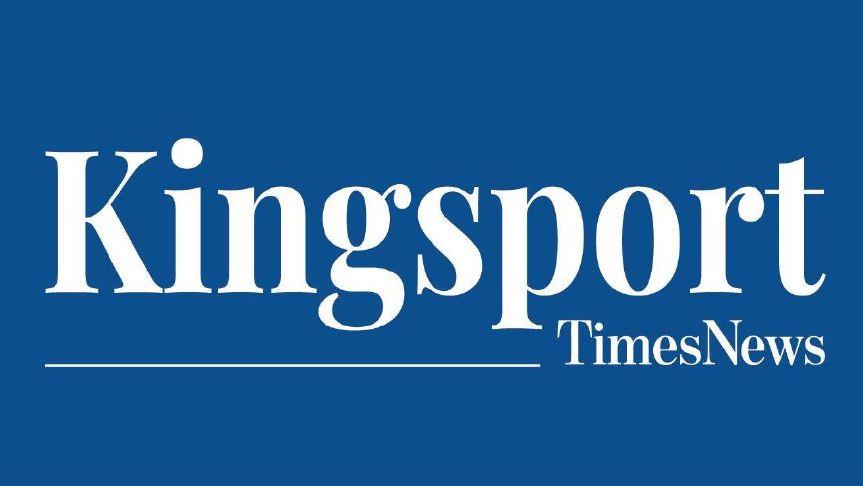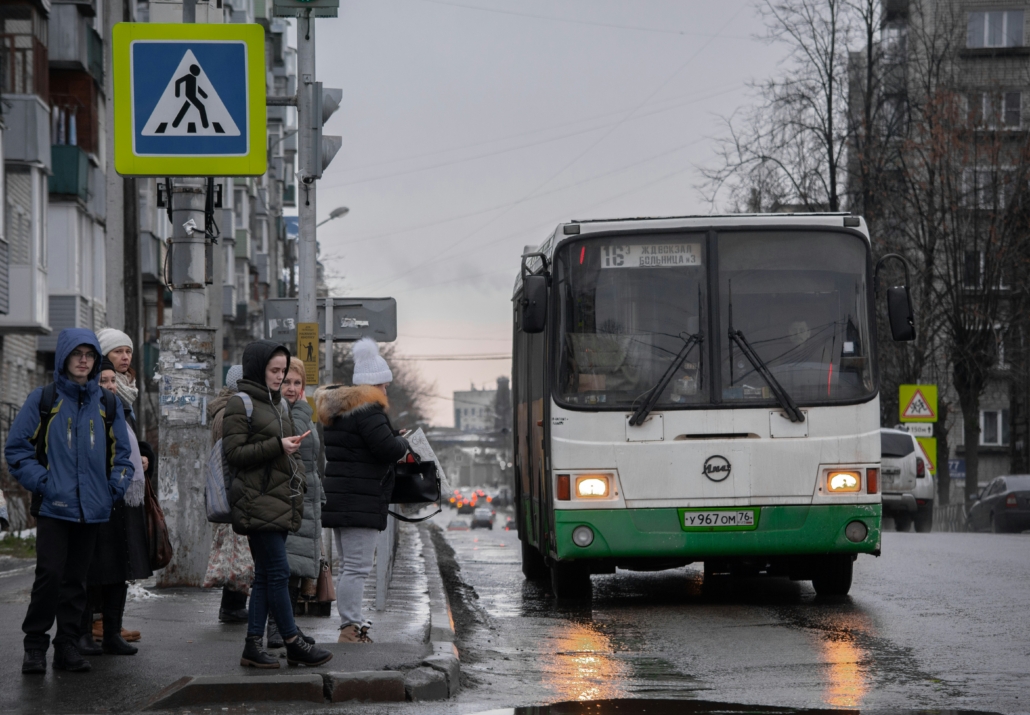Labor Reforms and Poverty Reduction in Mexico – The Borgen Project

Report on Mexico’s Labor Reforms and Progress Towards Sustainable Development Goals
Executive Summary: Aligning Labor Policy with SDG 1 and SDG 8
Since 2012, Mexico has implemented a series of structural labor reforms that have significantly advanced its progress toward key Sustainable Development Goals (SDGs), particularly SDG 1 (No Poverty) and SDG 8 (Decent Work and Economic Growth). Legislative changes between 2018 and 2022, focusing on minimum wage increases and the prohibition of exploitative outsourcing, have successfully lifted millions of citizens out of poverty. This report analyzes the impact of these reforms, highlighting their direct contribution to reducing inequality and strengthening institutional frameworks, in line with SDG 10 (Reduced Inequalities) and SDG 16 (Peace, Justice and Strong Institutions).
Poverty Reduction and Minimum Wage Policy: A Direct Impact on SDG 1
The cornerstone of Mexico’s strategy to combat poverty has been the substantial increase in the national minimum wage, a policy directly targeting SDG 1. This initiative has yielded measurable results in poverty reduction without causing significant adverse effects on employment, thereby promoting sustainable economic inclusion.
- Poverty Decline (2016-2022): According to data from CONEVAL cited by the World Bank, multidimensional poverty in Mexico decreased from 43.2% to 36.3%.
- Monetary Poverty Reduction: The share of the population living below the national monetary poverty line fell from 50.8% to 43.5% over the same period.
- Minimum Wage Increases (2019-2022): The national minimum wage was increased by 65% in real terms. A 100% increase was implemented in municipalities along the U.S.-Mexico border in 2019.
- Direct Impact on Poverty Alleviation: A study by Mexico’s National Minimum Wage Commission estimates that for every 10% increase in the minimum wage, multidimensional poverty fell by 3.6%. The policy is credited with lifting 4.1 million people out of poverty.
Promoting Decent Work (SDG 8) by Eliminating Exploitative Outsourcing
In 2021, Mexico enacted a ban on exploitative outsourcing practices, a landmark reform strengthening labor rights and directly contributing to SDG 8 (Decent Work and Economic Growth) and SDG 10 (Reduced Inequalities). The ban shifted workers to direct employment, resulting in improved wages, benefits, and job security.
Key Outcomes of the Outsourcing Ban:
- Reduction in Outsourcing: The practice of outsourcing labor fell by 73% following the reform.
- Wage Growth: Average annual wages for directly hired workers increased by 10% in the first year. For previously outsourced workers who were insourced, salaries rose by an average of 87%.
- Improved Social Protections: Insourced workers experienced a 30% increase in social security and benefits and a 62% growth in profit-sharing.
- Reduced Inequality: The wage gap relative to productivity narrowed by 27%, with the most exploited workers seeing the greatest benefits, directly addressing the targets of SDG 10.
Governance and Institutional Strength: The Foundation for SDG 16
The success of Mexico’s labor reforms was underpinned by a robust governance and enforcement framework, demonstrating a commitment to SDG 16 (Peace, Justice and Strong Institutions). The government established clear regulations and coordinated enforcement to ensure compliance and protect workers’ rights.
Enforcement Mechanisms:
- Mandatory Registration: Companies providing specialized services were required to register in a public database, proving compliance with tax and social security obligations.
- Increased Accountability: Employers and staffing agencies were made jointly responsible for payroll taxes and social security for any subcontracted workers.
- Strict Enforcement: The government mandated inspections and increased penalties for violations to deter non-compliance.
- Legislative and Departmental Coordination: The reform aligned multiple existing laws and fostered collaboration between government departments to close legal loopholes and ensure a smooth transition for workers from outsourced to direct employment.
Conclusion: A Model for Achieving the SDGs Through Labor Policy
Mexico’s experience demonstrates that targeted structural labor reforms, when combined with effective governance, can serve as a powerful tool for achieving the Sustainable Development Goals. By increasing the minimum wage and protecting workers from exploitation, Mexico has made significant strides in reducing poverty (SDG 1), promoting decent work (SDG 8), and lessening inequality (SDG 10). The strong institutional framework (SDG 16) that supported these changes was critical to their success, offering a replicable model for other nations seeking to build a more inclusive and equitable labor market in pursuit of the 2030 Agenda for Sustainable Development.
Analysis of SDGs, Targets, and Indicators
1. Which SDGs are addressed or connected to the issues highlighted in the article?
- SDG 1: No Poverty – The article’s central theme is the reduction of poverty in Mexico through labor reforms. It provides specific statistics on the decline in national, monetary, and extreme poverty rates.
- SDG 8: Decent Work and Economic Growth – The article focuses on labor reforms, including minimum wage increases, banning exploitative outsourcing, and strengthening labor protections, all of which are core components of achieving decent work.
- SDG 10: Reduced Inequalities – By raising the minimum wage and improving conditions for the most exploited workers, the reforms directly address income inequality. The article mentions the narrowing of the wage gap and increased profit sharing for workers.
- SDG 16: Peace, Justice and Strong Institutions – The article highlights the importance of governance and implementation, describing the “comprehensive regulatory framework,” enforcement mechanisms, and inter-departmental coordination that were crucial for the success of the reforms.
2. What specific targets under those SDGs can be identified based on the article’s content?
- SDG 1: No Poverty
- Target 1.2: By 2030, reduce at least by half the proportion of men, women and children of all ages living in poverty in all its dimensions according to national definitions. The article directly addresses this by stating that from 2016 to 2022, poverty in Mexico declined from 43.2% to 36.3%, and 5.1 million people exited poverty.
- SDG 8: Decent Work and Economic Growth
- Target 8.5: By 2030, achieve full and productive employment and decent work for all women and men… and equal pay for work of equal value. The article details how raising the minimum wage by 65% in real terms and increasing average annual wages by 10% after the outsourcing ban contributed to more decent pay.
- Target 8.8: Protect labour rights and promote safe and secure working environments for all workers. The article’s focus on “strengthening labor protections,” banning “exploitative outsourcing practices,” and ensuring workers received social security and benefits directly aligns with this target.
- SDG 10: Reduced Inequalities
- Target 10.4: Adopt policies, especially fiscal, wage and social protection policies, and progressively achieve greater equality. The entire article is a case study of this target in action, describing how wage policies (minimum wage hikes) and social protection policies (mandating social security and benefits for insourced workers) led to greater equality.
- SDG 16: Peace, Justice and Strong Institutions
- Target 16.6: Develop effective, accountable and transparent institutions at all levels. The article describes the creation of a “public registry” for companies, mandatory inspections, larger penalties for violations, and coordination between government departments as key institutional mechanisms for enforcing the new labor laws.
3. Are there any indicators mentioned or implied in the article that can be used to measure progress towards the identified targets?
- For SDG 1 (No Poverty):
- Poverty Rate: The article explicitly states the poverty rate declined from 43.2% to 36.3% between 2016 and 2022.
- Monetary Poverty Rate: The share of people living in monetary poverty dropped from 50.8% to 43.5%.
- Extreme Monetary Poverty Rate: This rate decreased from 14.9% to 12.1%.
- Number of People Exiting Poverty: The article quantifies that 5.1 million people exited poverty, with 4.1 million of those cases attributed directly to minimum wage increases.
- For SDG 8 (Decent Work and Economic Growth):
- Minimum Wage Level: The article specifies a 65% increase in the national minimum wage in real terms between 2019 and 2022.
- Average Wage Growth: Average annual wages for workers affected by the outsourcing ban rose by 10% in the first year.
- Rate of Outsourced Employment: The ban led to a 73% drop in outsourcing, indicating a shift towards more secure, direct employment.
- Access to Social Benefits: For insourced workers, social security and benefits rose by 30%.
- For SDG 10 (Reduced Inequalities):
- Wage Gap: The article notes that the wage gap relative to productivity narrowed by 27% following the outsourcing ban.
- Profit Sharing: Profit sharing for insourced workers grew by 62%, indicating a more equitable distribution of company earnings.
- For SDG 16 (Peace, Justice and Strong Institutions):
- Regulatory Compliance: The requirement for companies to register in a public registry and renew every three years serves as an indicator of institutional effectiveness and compliance.
- Enforcement Actions: The mention of mandatory inspections and larger penalties for violations implies a system for tracking and measuring the enforcement of labor laws.
4. Table of SDGs, Targets, and Indicators
| SDGs | Targets | Indicators |
|---|---|---|
| SDG 1: No Poverty | 1.2: Reduce at least by half the proportion of people living in poverty in all its dimensions according to national definitions. |
|
| SDG 8: Decent Work and Economic Growth |
8.5: Achieve full and productive employment and decent work for all.
8.8: Protect labour rights and promote safe and secure working environments. |
|
| SDG 10: Reduced Inequalities | 10.4: Adopt policies, especially wage and social protection policies, and progressively achieve greater equality. |
|
| SDG 16: Peace, Justice and Strong Institutions | 16.6: Develop effective, accountable and transparent institutions at all levels. |
|
Source: borgenproject.org
What is Your Reaction?
 Like
0
Like
0
 Dislike
0
Dislike
0
 Love
0
Love
0
 Funny
0
Funny
0
 Angry
0
Angry
0
 Sad
0
Sad
0
 Wow
0
Wow
0

















































































